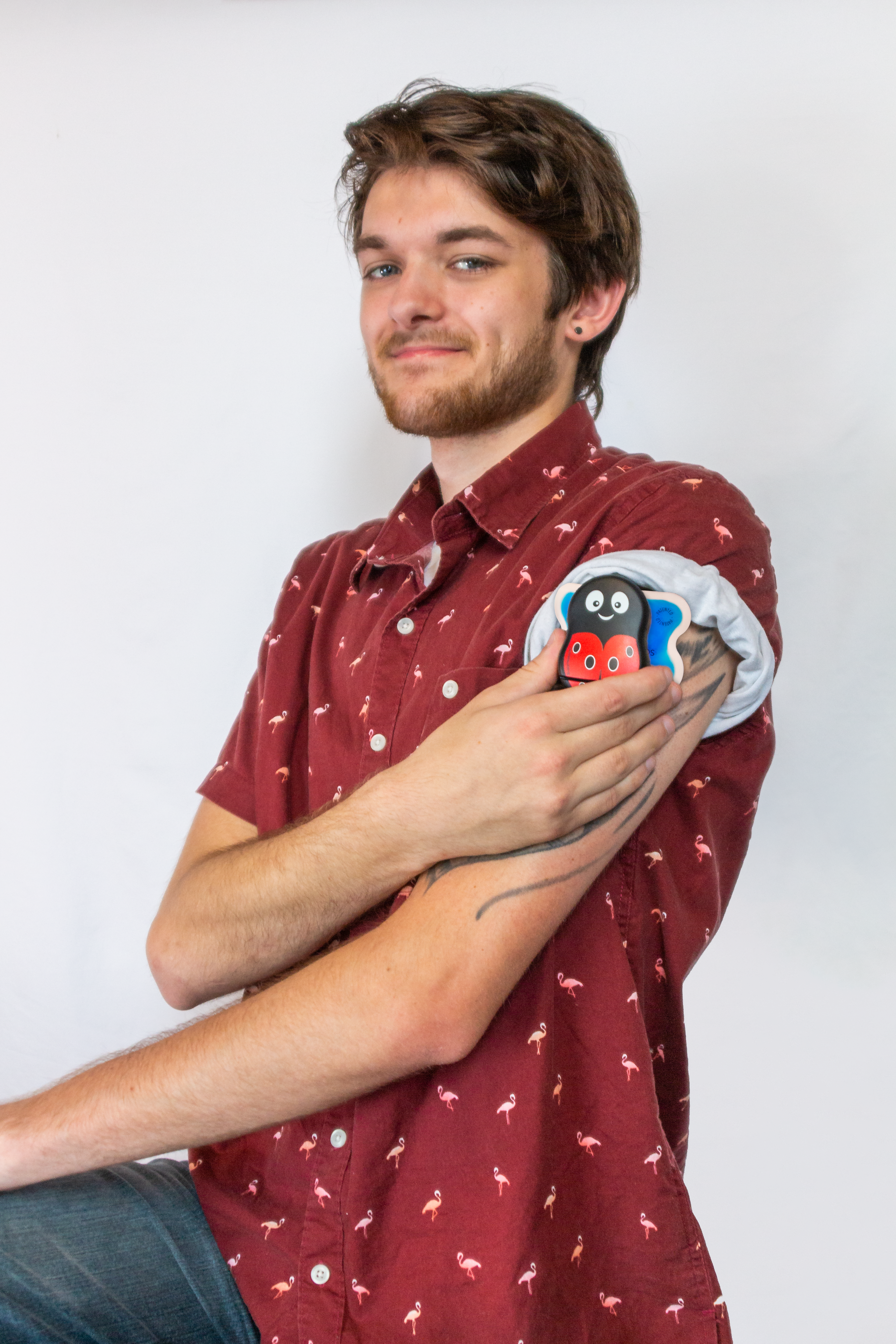Blog

Vaccine vs Infection & Teen Vaccinations
Dr. Baxter talks about what is going to give you longer-lasting immunity, getting sick, the vaccine, or both. She also breaks down the vaccine rollout for teens and pre-teens as Pfizer announces its opening up vaccines to those 12-15.
Immunity: Catching COVID vs Vaccination
Are you more immune if you caught COVID or got vaccinated? Well, when it comes to variants, antibodies in infected individuals were about 10x lower than those that got a vaccine. Natural antibodies do not last very long, especially in people who had only a mild case.
However, the people who got sick and then vaccinated had the highest antibody count, supporting vaccination in either case.
In nasal irrigation studies done in healthcare workers, the frontline workers got infected less than was expected. But the neonatologists did not. That’s because all of the other frontline workers were constantly being exposed to other mild coronaviruses, building up an immunity to other strains that aided their immune system and t-cells when interacting with Covid-19. The neonatologists only seeing small babies directly after birth in totally sterile environments did not have similar exposure to other coronaviruses.
Vaccination for Teens
When it comes to Pfizer approval for teens, should I get my kid vaccinated and should colleges institute vaccine mandates?
Yes. They’re already vaccinated against meningitis and other highly contagious diseases that rip through dorms. Vaccinations work. They reduce the number of people who die of the disease.
- Teens are more at risk of dying from covid and than any other disease we vaccinate for.
- There’s a lot we don’t know about covid and vaccines will protect them from effects we figure out later.
- Classrooms and places where people need to be clustered together are special locations. In order to safely exist in those spaces, there is an ethical obligation to get vaccinated.
A History of Vaccine Hesitancy
In 2005, a survey asked parents who vaccinated their kids and those who did not what they were worried about. Parents who didn’t vaccinate their kids said they were worried about the intensity of the vaccine and the side-effects of the vaccine being worse than the disease.
The surveryor asked them what vaccines they did take if they refused some and not other. By and large the one vaccine that people did take over others was polio. Polio is one of the few vaccines that does have a high intensity and does have side effects. Polio was alive and actually did rarely give kids polio which was not a risk for other vaccines. But the key piece of context is that at the time, the polio vaccine was administered orally and not with a needle.
Parents’ fears about their kid’s reaction to needles were likely playing into which vaccines they chose to give to them.